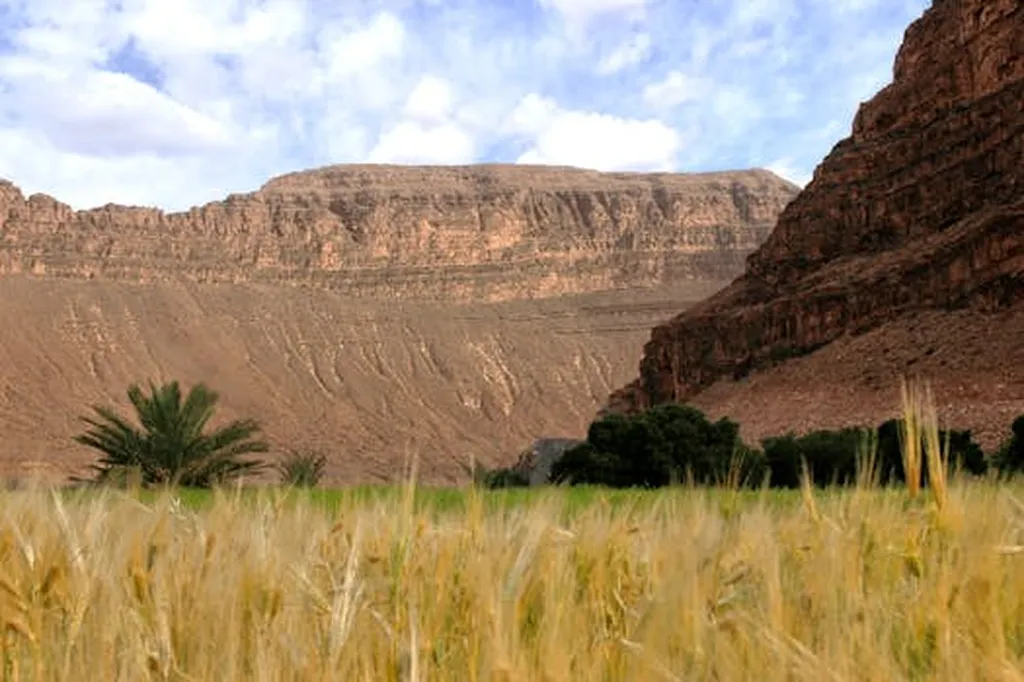In the sun-scorched oases of Figuig, Morocco, a silent partnership between date palms and microscopic fungi has been thriving for millennia. Now, a team of researchers led by Elmostafa Gagou from the Laboratory of Bioresources, Biotechnology, Ethnopharmacology and Health at Université Mohamed Premier has shed new light on this underground alliance, with implications that could reshape sustainable agriculture in arid regions.
The study, published in the journal ‘Diversity’, is the first to molecularly characterize arbuscular mycorrhizal fungi (AMF) from single-spore cultures in Morocco. These fungi form symbiotic relationships with plants, enhancing their nutrient uptake and resilience to environmental stresses. By combining spore morphology with ribosomal DNA sequencing, the team identified nine indigenous AMF isolates, primarily from the genera *Rhizophagus* and *Glomus*.
“Understanding the diversity and functionality of these fungi is crucial for developing targeted agricultural strategies,” Gagou explains. The research not only expands the known diversity of AMF in arid ecosystems but also establishes a reference collection of indigenous isolates. This collection could be a goldmine for developing bio-inoculants—microbial products that can improve crop growth and soil health.
The potential commercial impacts for the agriculture sector are substantial. In arid regions like Morocco, where water scarcity and soil degradation pose significant challenges, bio-inoculants could offer a sustainable solution. By enhancing the resilience of date palms and other crops to environmental stresses, these microbial partners could boost yields and reduce the need for chemical fertilizers.
The study also opens avenues for further research into the ecological roles of AMF in oasis systems. “These fungi are not just passive partners; they actively contribute to soil restoration and ecosystem stability,” says Gagou. Future research could explore how these isolates interact with other microorganisms and how they respond to different environmental conditions.
As the world grapples with the impacts of climate change, the findings from this study could be a beacon of hope for sustainable agriculture. By harnessing the power of these microscopic allies, farmers and researchers alike can work towards a future where agriculture is not just productive but also resilient and eco-friendly. The research published in ‘Diversity’ by lead author Elmostafa Gagou from the Laboratory of Bioresources, Biotechnology, Ethnopharmacology and Health at Université Mohamed Premier, sets the stage for a new era in agricultural innovation.

